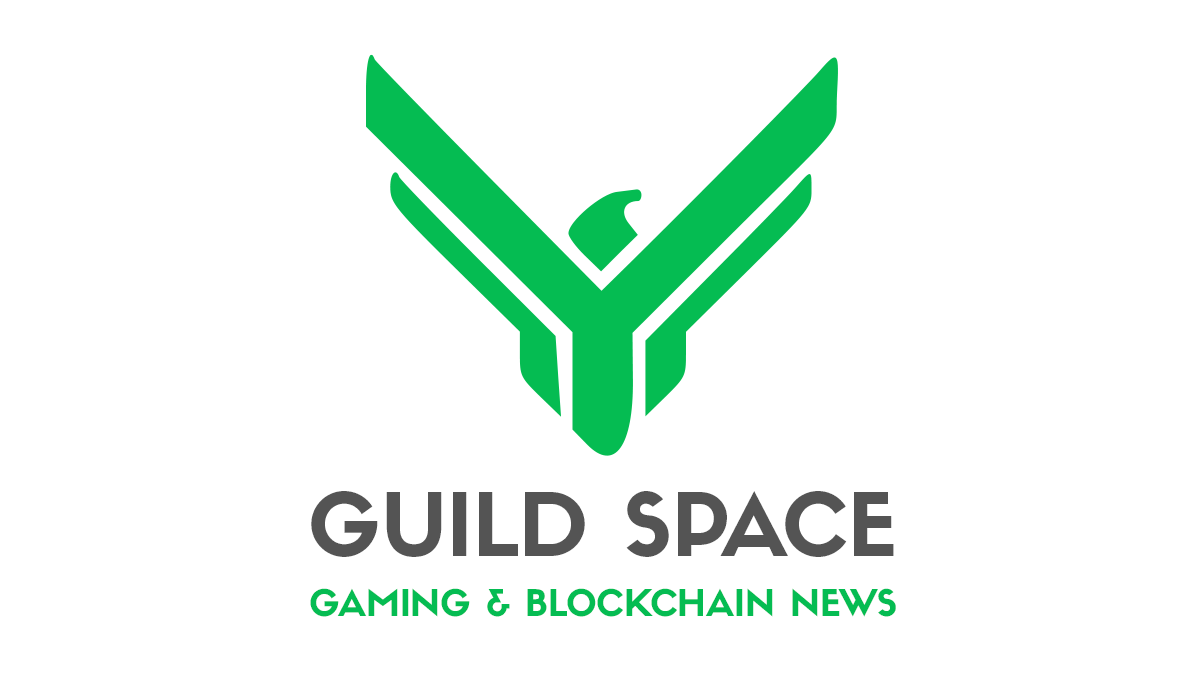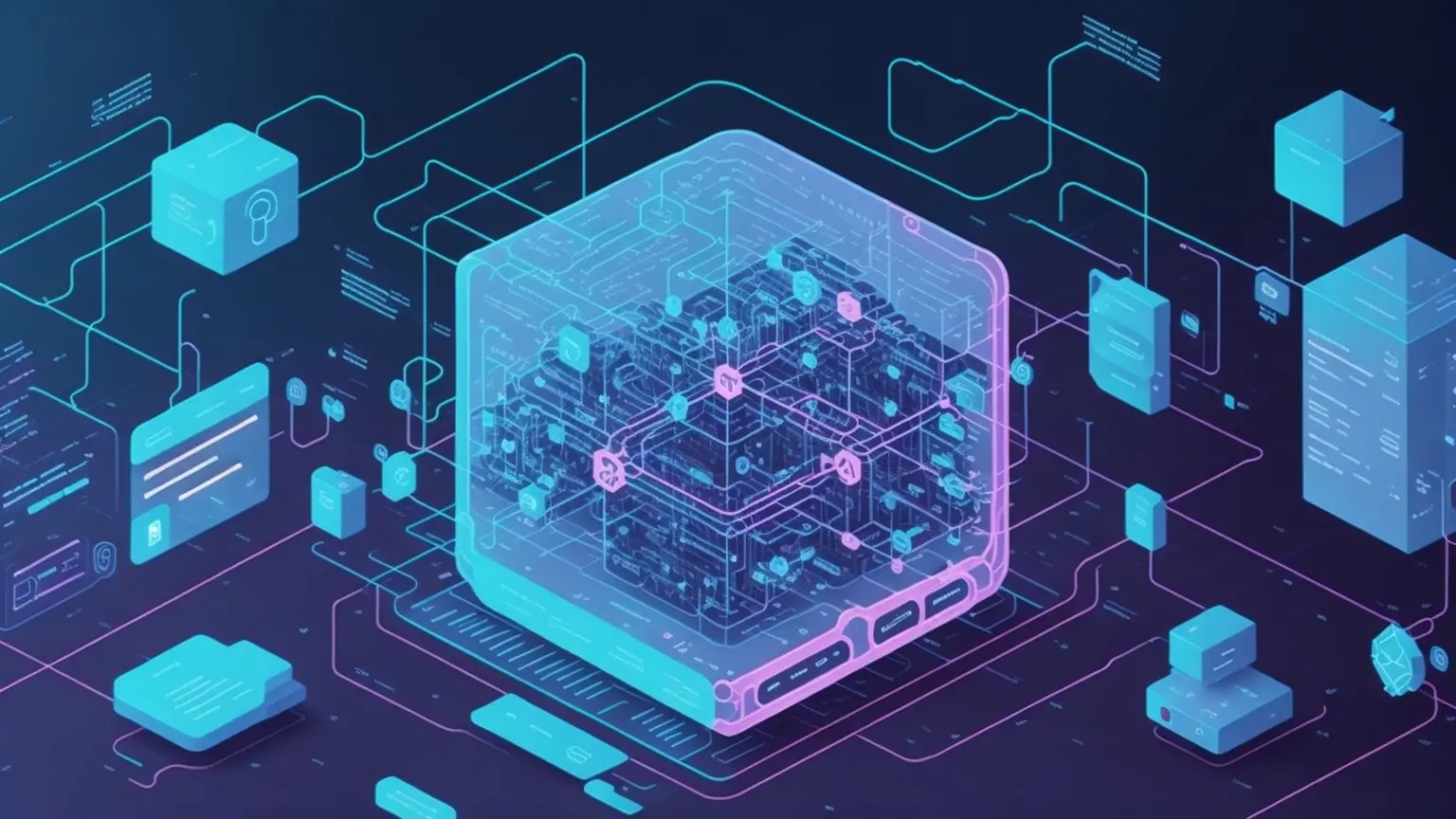The Social Networks of the Future: How Blockchain and Decentralization Will Transform Interactions and Safeguard Privacy Online


The internet has been around for over a quarter of a century, and social networks have become an integral part of our lives. They have transformed the ways in which we communicate, interact, and share information. However, with this comes a number of issues related to privacy, security, and data control. In this article, we will explore how blockchain technologies and decentralization can offer solutions to these problems and shape the future of social networks.
Blockchain and Decentralization
Before we dive into the future, let’s understand what blockchain and decentralization are. Blockchain is a technology for decentralized storage and data transfer, based on the use of cryptography. Decentralization, on the other hand, is a process of distributing functions, powers, and people away from a central location to many access points.
Privacy Protection and Data Control
One of the primary issues with modern social networks is the lack of user control over their personal data. The information we share on social networks is often used without our explicit consent or even our knowledge. Blockchain and decentralization can solve this problem.
In a decentralized social network, user data is stored on the blockchain and only they decide who and when can access this information. This means that users can control their data, rather than handing it over to third parties.
New Forms of Interaction
Blockchain and decentralization also offer new forms of user interaction. For instance, the ability for direct, secure, and transparent transactions between users without intermediaries.
Additionally, blockchain allows for the creation of Decentralized Autonomous Organizations (DAOs), which can function as communities within the social network. In a DAO, users can vote and make decisions on any issues related to the governance of the social network.
Conclusion
Blockchain and decentralization technologies have the potential to change the way we interact on social networks, giving users more control over their data and introducing new forms of interaction. While they are still far from widespread adoption, we are already seeing the first steps in this direction, and the future promises to be exciting.
Recent Posts
How to Manage an Online Community: Best Practices for Success
In today's digital age, online communities have become a pivotal aspect of brand building, marketing, and fostering user engagement. Proper…
The Future Smart Home: Automation, Energy Efficiency & Next-gen Technologies
Automation, Energy Efficiency, and Cutting-edge Technologies in Domestic Management. 1. Introduction In today's world, technology continues to become more integrated…
Building an Online Community: A Step-by-Step Guide
In today's digital age, online communities have become hubs for knowledge exchange, shared interests, and camaraderie. If you're thinking of…
Blockchain’s Revolution in Real Estate: Ushering in Transparency
Blockchain, originally known as the backbone technology of cryptocurrencies, holds potential far beyond the financial sector. One such area where…
Leveraging Graph Databases for Complex Data Structure Analysis: An Overview of Benefits and Application Methods
The contemporary data landscape is ever-expanding and becoming more intricate, and conventional analysis tools and methods often fall short in…
Leveraging Quantum Computers in Scientific Research: A Revolution in the World of Science
The emergence of the first working prototypes of quantum computers signaled a new era of scientific exploration. With a fundamentally…